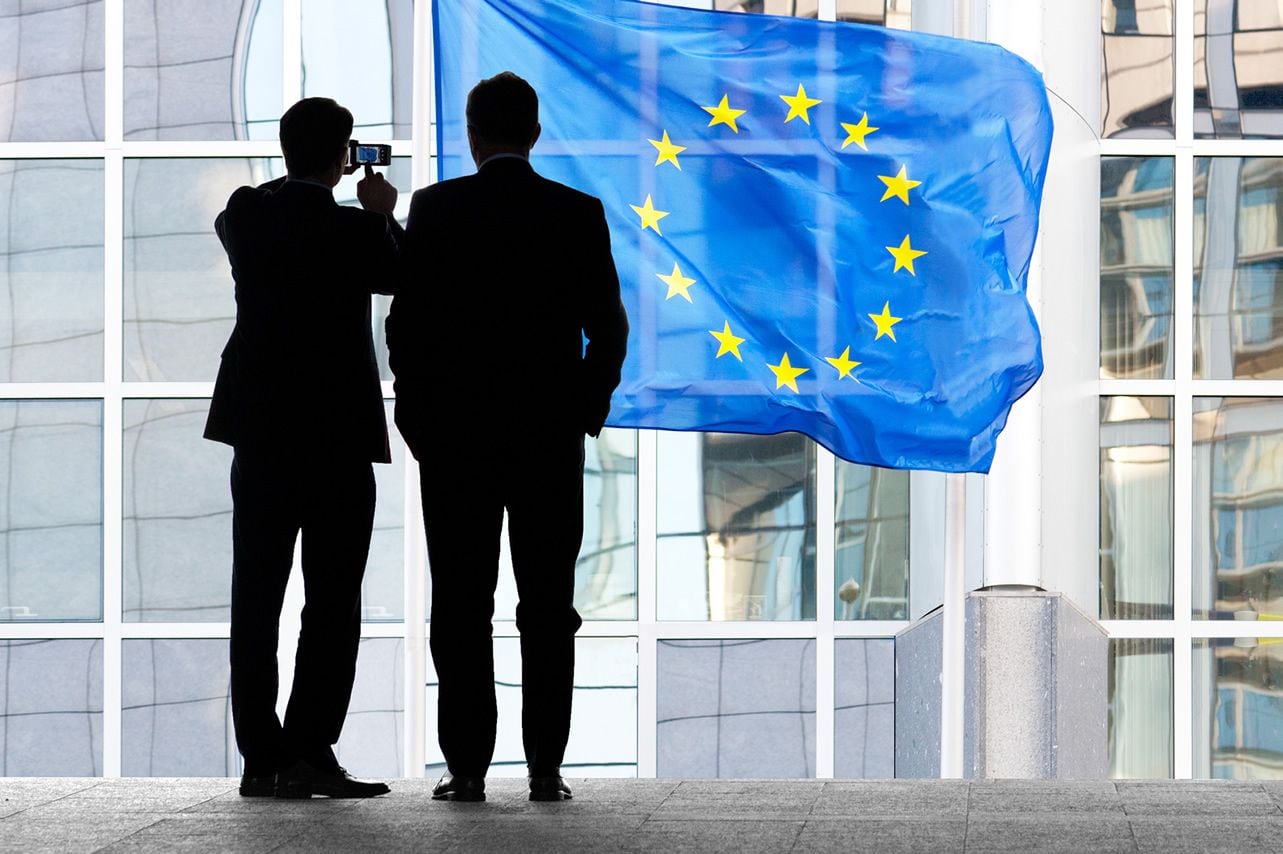EU Budget Row: Euro Would be at Risk if Bickering Extends Beyond Key Dec. Summit
- Hungary, Poland veto EU budget
- Covid rescue fund delayed as a result
- Markets expect resolution
- Investors to grow nervous if delays extend beyond December

Image © Adobe Images
- EUR/USD spot rate at time of writing: 1.1843
- Bank transfer rate (indicative guide): 1.1419-1.1502
- FX specialist providers (indicative guide): 1.1656-1.1727
- More information on FX specialist rates here
A fundamental pillar of support for the Euro in 2020 has been an expectation for European Union member states to come together and agree a joined-up approach to funding the response to, and the recovery from, the covid-19 crisis.
The plan - which helped propel the Euro to multi-year highs in the summer - entails the borrowing of funds by the European Commission to spend on those EU countries hardest hit by the crisis, thereby ensuring the debt is guaranteed by all nations.
However, the plan has yet to be rolled out and news that Hungary and Poland have blocked its progress draws questions on whether the plan will actually be passed.
"Hungary and Poland made good on their threat and rejected the long-term EU budget in protest against the rule of law mechanism. This also blocks the recovery fund, which is supposed to benefit countries like Italy and Spain in particular. Now the heads of state and government must address the issue," says Christoph Weil, Senior Economist at Commerzbank.
The two countries blocked approval of the EU's long-term budget on Monday, which includes the €750BN coronavirus rescue package.
They said agreeing to the budget would interfere in their domestic laws as the budget includes a new tool designed to stop EU funds going to countries that violate certain rule-of-law standards.
Both Hungary and Poland have of late come under scrutiny over domestic law changes that the EU argues are eroding judicial independence, media freedom and human rights and say the EU is targeting them specifically over what should be sovereign matters.
The veto will likely be discussed at the European Council summit due on Thursday, making this a particularly critical meeting given the other topic up for discussion is the state of EU-UK trade negotiations which are currently deadlocked.
However, Weil says EU leaders are ultimately likely to come to an agreement with Poland and Hungary over their concerns.
"The subject of the compromise is likely to be the application of the rule of law instrument. In this way, the EU could signal to both countries that it will forego harsh punishments in the ongoing proceedings for EU law violations," says Weil. "We assume that a breakthrough will be achieved at the regular EU summit on December 10-11 at the earliest."
{wbamp-hide start} {wbamp-hide end}{wbamp-show start}{wbamp-show end}
The view that the EU budget is merely delayed, as opposed to facing an existential crisis, will likely prompt foreign exchange markets to maintain an air of cautious optimism towards the Euro on the matter.
However, should the issue become unexpectedly more protracted, market nerves might start to build and the potential for the Euro to weaken will grow.
"If the adoption of the EU budget is delayed any longer, investors are likely to become more nervous," says Weil.
A fundamental shift in sentiment for the better towards the European Union and the Eurozone's single-currency came on May 29 after EU countries agreed to back a German-French initiative that would allow it to borrow money from the market and divert the proceeds to European economies that will require extra funding to recover from the coronavirus pandemic.
The European Commission announced the 'Next Generation EU' initiative, which will see the EU borrow €750BN from the markets with plans to repay it within in a three-decade window from 2028 to 2058 through the EU budget.
Investors saw the move as a rare and hard-fought step forward for a bloc that is famously divided when it comes to issues concerning finance, cheering the developments by bidding the Euro higher through the mid-year period.
The gains saw the Euro-to-Dollar exchange rate achieve a multi-year high at 1.20 on September 01, from which it retraced and entered into a sideways range located roughly between 1.16 and 1.19.




